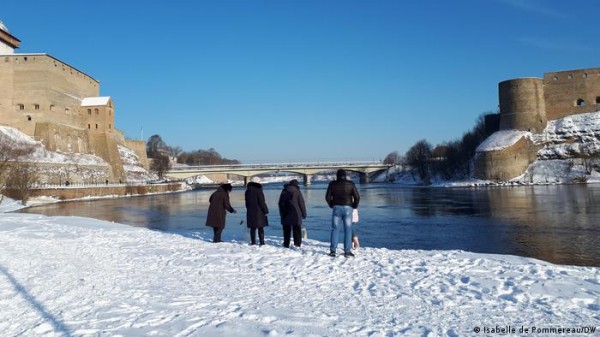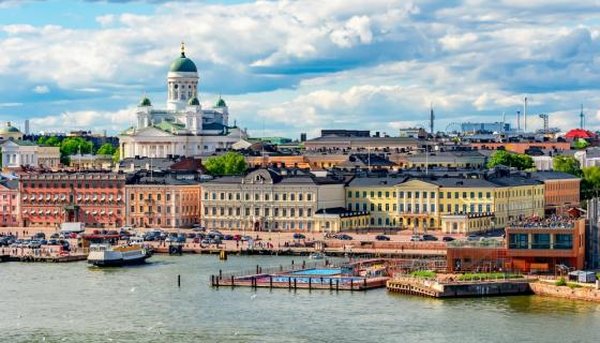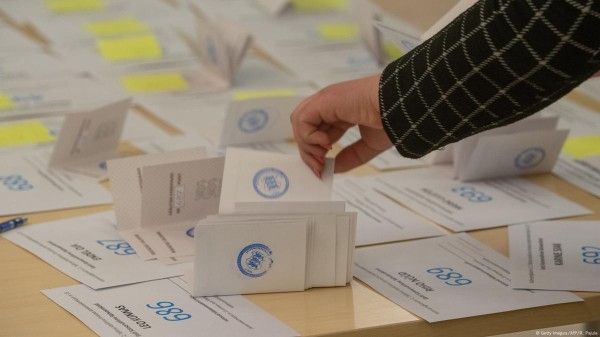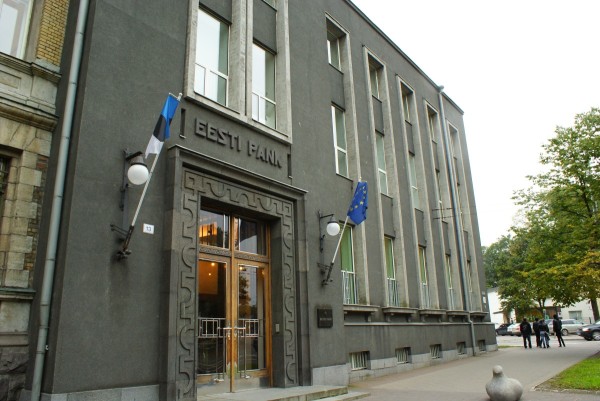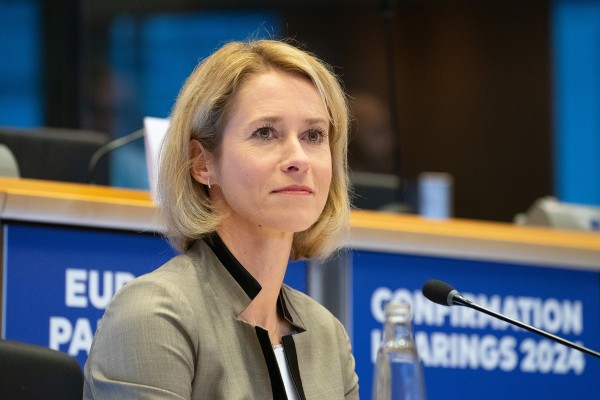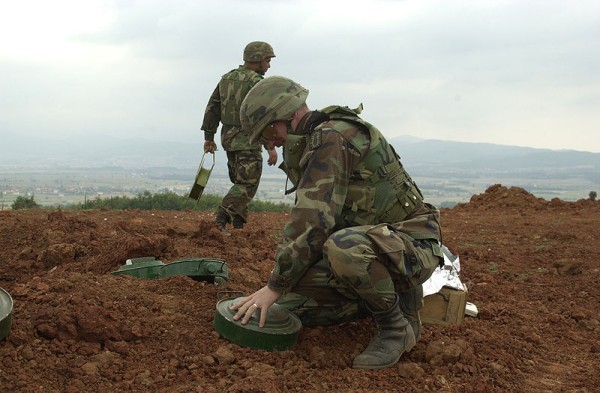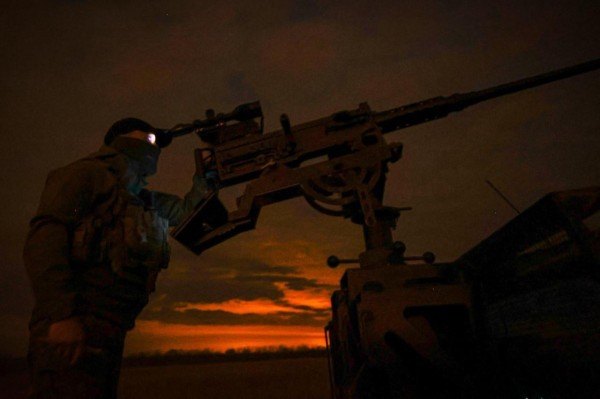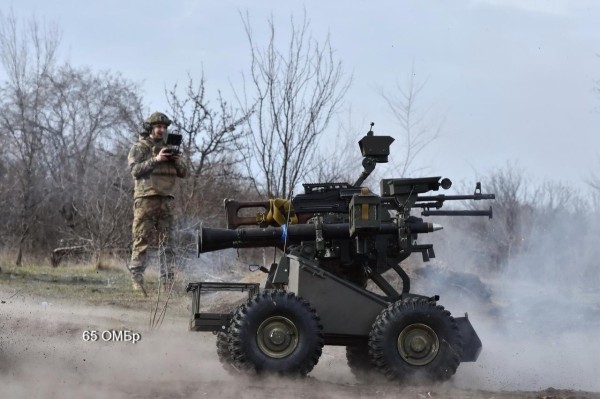The room filled with curiosity when a resident in Narva, on the Russian border, confronted Estonia's defense minister with fears of Russia "needing to rescue its own compatriots." For some onlookers, it signaled an easing of the complex ties between Russian and Estonian speakers in Estonia.
Defense Minister Kalle Laanet came to "Estonia's Russia" for the town-hall-style meeting on Monday to address residents' concerns in the wake of the war launched by their neighbor. Would there be shelters in case of bombing? How could friction between Ukrainian refugees and local Russians be prevented?
"We have 70,000 gray passports in Estonia, we have 80,000 Russian citizens in Estonia," Narva native Margarita Källo told Laanet at Tartu University's Narva College. "I see it as a big problem, first of all for Estonia, for our security."
After the Soviet occupation, the Estonian government took a hard line toward residents seen as having been imported by the USSR to work in the Baltic nation's industries — and decided to require knowledge of the Estonian language to obtain Estonian citizenship. Many never managed, or preferred to keep the travel flexibility that stateless status offered them. The issue has been emotional, and controversial for years. Roughly a fourth of Estonia's population of 1.3 million are Russian speakers.
Advertisement / Reklaam
Advertisement / Reklaam
Ten days after Vladimir Putin's Russia launched its war on Ukraine, a cautious Defense Minister Laanet stressed the importance of keeping all of Estonia's residents united regardless of their language or ethnicity, adding that the war in Ukraine could justify "looking at the issue differently." A shift in values
Simmering mistrust between Estonian and Russian speakers has played out in Narva for a long time. This is shaped by the wounds the Soviet occupation inflicted on Estonians, the cataclysm the country's independence represented for Russian speakers, and decades of omnipresent Russian media.
In the third-largest city in Estonia, many in Narva have tended to look closer to their near neighbor to the east than to the Estonian capital — though residents don't want to return to Russia, either. Until recently, close to 3,000 people walked or drove across the "friendship bridge" linking Narva with its Russian sister city, Ivangorod, daily. The bridge hosts friends and relatives visiting or heading to St. Petersburg, and Russian trucks bringing merchandise to Narva's industrial park. Russian propaganda also just as easily filters back into Narva on the airwaves.
https://www.dw.com/en/amid-war...






